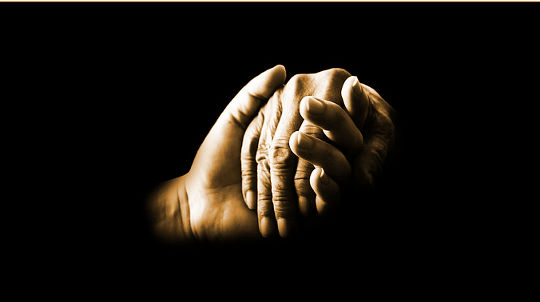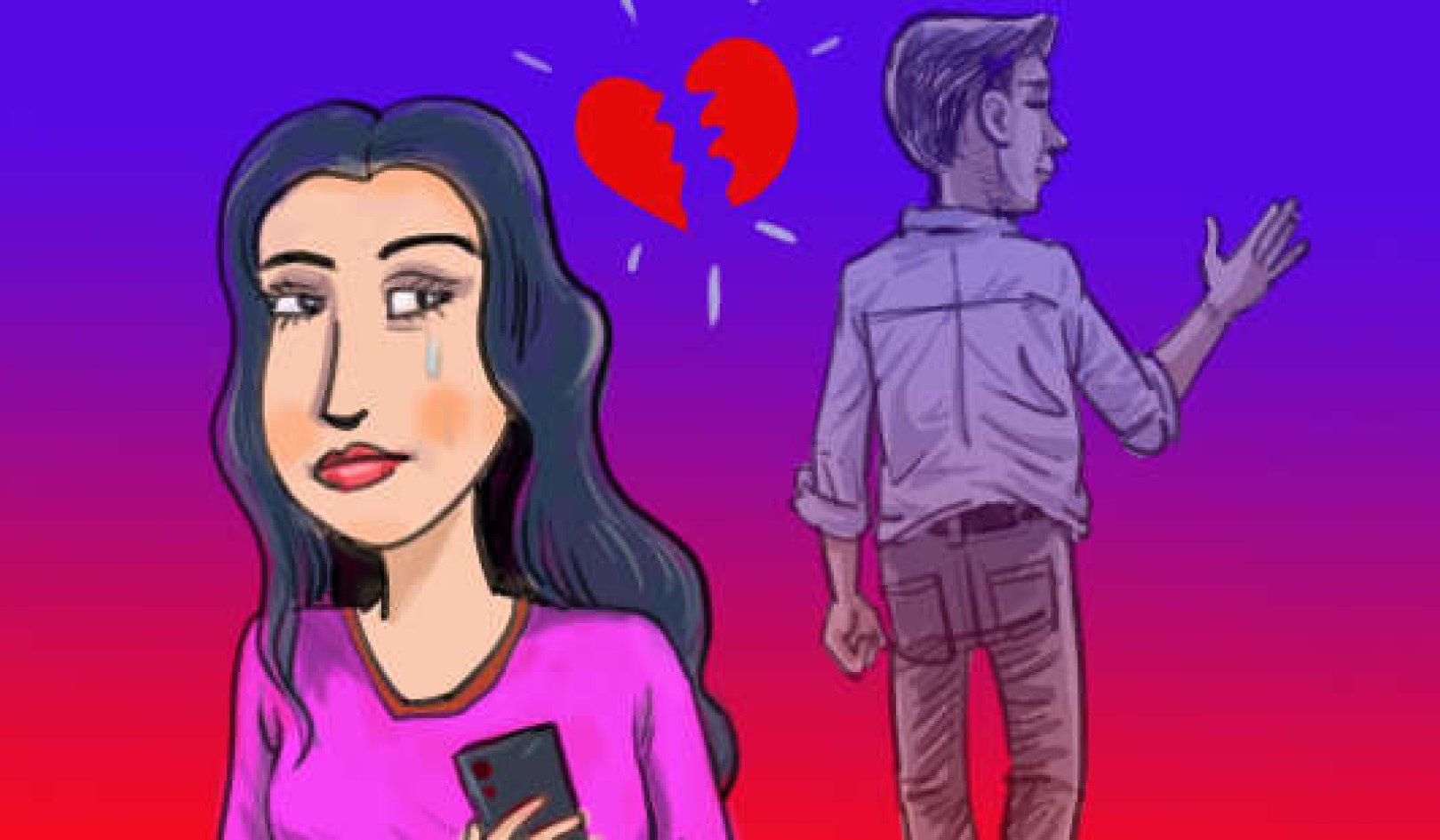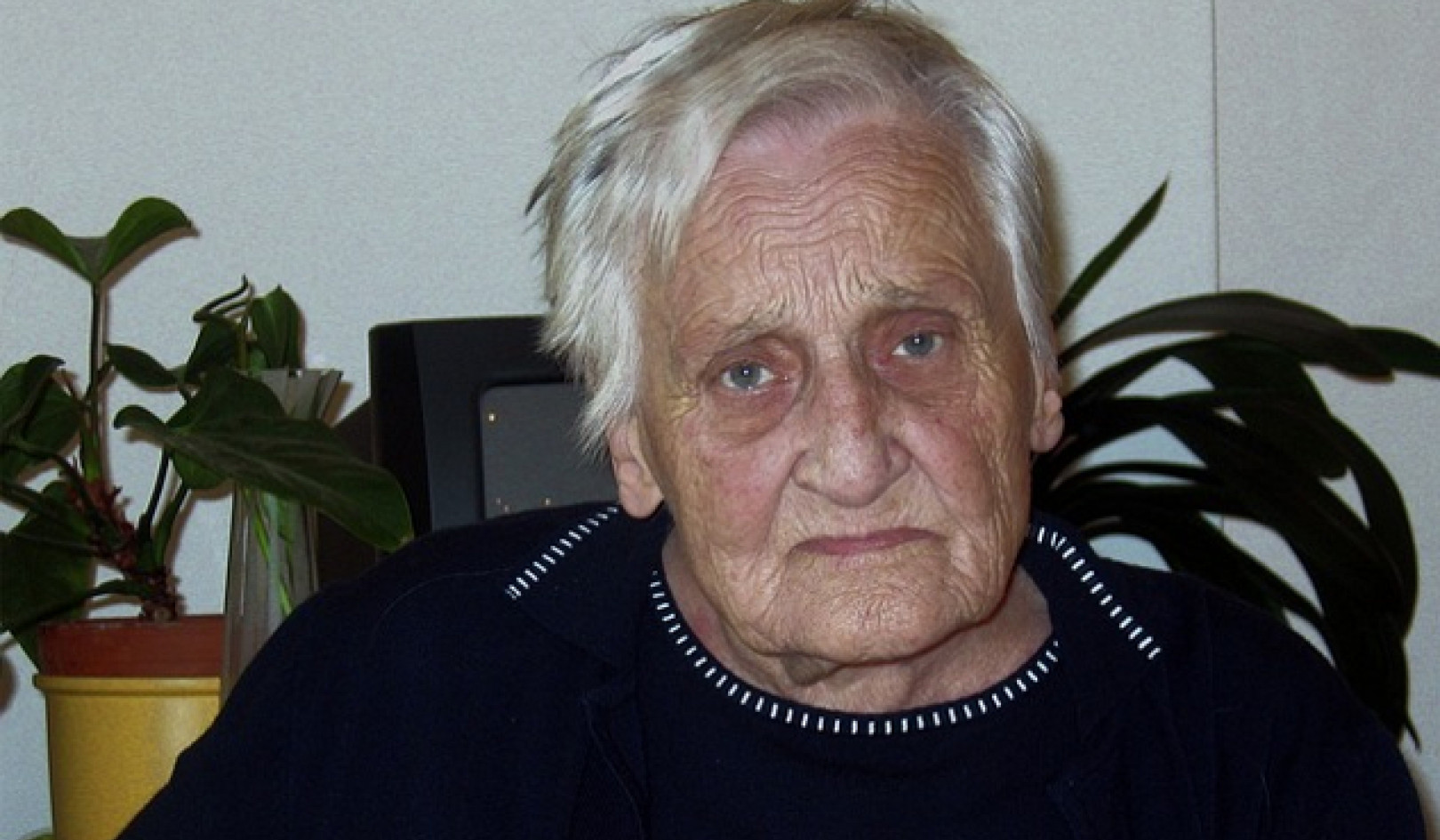
When you show deep empathy toward others,
their defensive energy goes down,
and positive energy replaces it.
That’s when you can get more creative in solving problems.
-- Stephen Covey, The 7 Habits of Highly Effective People
Empathy guides us in the accurate understanding of situations and relationships. When we live with empathy, we realize that it is a kind of virtual reality: we put ourselves in the other person’s shoes, absorbing her experience, observing the world through her eyes, feeling her emotions, and imagining thinking her thoughts.
Empathy is also the key to negotiating and resolving conflict, whether between couples, communities, states, or countries — expanding our capacity to understand the person or groups we encounter.
Empathy training teaches you to limit the influence of the primitive brain, using the neocortex — the thinking brain — to perceive reality accurately, without emotion or distortion. In a study in monkeys in which the neural wiring that supports empathy was severed, the monkeys could not interpret other animals’ friendly or hostile behavior. They lived in isolation, ruled by the primitive brain’s emotions of anger and fear. (Emotional Intelligence: Why It Can Matter More Than IQ).
As our lives become more hectic, we sleep less and eat haphazardly, and our mood suffers. When we are angry or detached, our empathy suffers too. We must learn to slow down so that we can think clearly and react appropriately to a given situation. Most often we need the help of others to slow down and calm ourselves, confiding in those close to us so that we can begin the process of dissipating stress.
For Ronda and Steve, empathy suffers because of Steve’s business travel. When they part on Sunday night, the family exchanges big hugs and loving kisses. Then Steve heads off to the airport, returning late on Thursday night. Ronda often feels increasingly frustrated as the week goes by. Steve, meanwhile, gets tired of sleeping in hotels and being away from his family, and he often feels he can’t tolerate one more dinner listening to his customer telling the same stories.
Both Ronda and Steve experience increasing stress levels that affect their communications. As the days pass, the text messages, phone calls, and evening Skype sessions have less warmth than earlier in the week.
When Steve arrives home at 11:30 PM on Thursday night, he is exhausted, and so is Ronda. She tries to stay awake to greet him, but she is dying to go to bed. Instead of greeting him with empathy, she keeps preparing the kids’ lunches without looking up. Feeling offended, he withdraws into his cave space in his finished basement.
Ronda finishes her chores and mumbles good night to him downstairs; he says the same. He sits up watching sports highlights on ESPN until 1:00 AM and falls asleep on the couch, while she sleeps alone in their bedroom. They both awaken during the night with a sense of exasperation.
In the morning, they interact with the kids but are somewhat terse with each other. He hugs her good-bye, and she softens as she feels his touch. He heads off to work with an ache in his heart, not knowing that she is feeling the same way.
Empathy, and the understanding and positive neurochemicals it produces, cannot exist in the absence of trust and a sense of security, and these diminish when a person feels slighted or hurt. When we can empathize, we are less likely to be offended. We look beyond the surface to see what is affecting the other person. If, however, we are depleted and stressed, as Steve and Ronda both are, our empathic range becomes narrower. What we hear and perceive is greatly influenced by our emotions and by stress hormones.
Secondhand Stress Increases Inflammation and Blood Pressure
Secondhand stress is becoming common in our tension-filled society. Our nervous systems talk to each other, and the stress of one person can easily affect others. Parents pass their stress to their children, spouses to each other, colleagues to colleagues, friends to friends. Increases in inflammation and blood pressure have been noted in couples who stress each other.
Researchers at the University of Michigan noted that 33 percent of husbands and 26 percent of wives had high blood pressure in 2006, whereas in 2010 rates rose to 37 percent for men and 30 percent for women.
Steve and Ronda are excellent examples of how stress passes between partners and then to the worlds they move in. Steve carries his low mood into his office, and Ronda carries hers to work. The children feel the tension between their parents as they get on the school bus. This state of mind will likely affect the children’s ability to learn and their parents’ performance at work.
Empathy To The Rescue: Becoming Resilient to Other People's Stress
In order to regulate our neurochemistry so that we can feel calm, energetic, and creative, we need to balance our brain chemistry to protect ourselves and to be resilient when exposed to other people’s stress. This is not to say that we should be indifferent to others. Rather I am emphasizing that our state of mind, whenever we encounter the emotions of others, has a great impact on our health and on our ability to react positively to others in difficult times.
Sleep, exercise, proper nutrition, meaningful work, and positive relationships are all critical factors in determining the range of our empathy as we go through the day.
Awareness of our state of mind is critical to managing our reactions and our ability to be empathic. For instance, Ronda knew she was exhausted before Steve got home. What if she had sent a text, or, even better, called Steve and said, “Honey, I’m sure you’re exhausted. I am, too. Do you mind if I go to bed, and we can catch up in the morning?” Steve might have been disappointed, but since he too was exhausted, he might have felt relieved to be able to just come home and go to bed himself. If they had waited to catch up until the morning, when they were refreshed, the whole day could have been different.
HALT When You're Hungry, Angry, Lonely Or Tired
When we are depleted, we cannot see beyond the surface of another person’s experience. However, if we teach ourselves to recognize our mental state, we can slow down, become introspective, and see beyond our self-absorption.
To encourage awareness of how mental and bodily depletion can affect our mood and vulnerability, Alcoholics Anonymous (AA) uses the mnemonic HALT. These four letters stand for “hungry, angry, lonely, and tired.”
The lesson is to not take any action when you find yourself in any of these states of mind. Instead, AA recommends that you back up and collect yourself, increasing your awareness of how compromised you are and whether you are likely to say or do something you will regret.
Taming A Bad Mood And Understanding Unresolved Hurts
In order to cope effectively with another person’s negative mood, you need to be careful not to respond with anger when another person directs anger toward you but instead to try to understand and respond to the underlying issues producing the other person’s anger. When you recognize that anger often covers hurt, disappointment, and insecurity, you can address those feelings instead of reacting with equal anger.
This ability begins at home. If Ronda and Steve communicate with empathy, their children will gain a priceless understanding of human nature. If Steve, noticing that Ronda is responding with an edge in her voice, could ask Ronda what is bothering or hurting her rather than responding in kind, he might prevent an argument and instead stimulate a productive conversation.
People often appreciate the efforts we make to help rather than respond in ways that worsen an already tense situation. Empathy allows us to see beyond the surface while allowing those we love to make mistakes without worrying about retaliation.
Anger, Hurt, and Empathy
Anger can block the flow of empathy. Extensive research has revealed that when people are angry, their attempts to resolve conflict are accompanied by quick judgments and oversimplifications. Anger also has harmful effects on the immune and cardiovascular system and long-term effects on brain chemistry. Research by the cardiologist Redford Williams of Duke University Medical Center showed that the stress hormone adrenaline, when released in anger, causes stored memories to become more vivid and harder to erase than less emotional memories. (Anger Kills by Redford Williams)
When hurts accumulate without a positive resolution, we often lose ourselves in self-absorption and resentment. This kind of preoccupation is a tremendous drain on mental energy, leaving us with little capacity for interest in others. Anger can turn to tolerance, however, when our perceptions change from fear to truth.
When we stop seeing others through the hurts of the past, when generalizations cease and we begin to perceive more objectively, we become more hopeful and optimistic. We feel closer to the people in our lives as we recover trust. Trust is often correlated with happiness in communities and individuals. When we trust others, we feel safe and calm. We can then perceive more accurately and thoughtfully. What we feel inside determines what we see outside.
The psychologist Paul Levine and his colleagues at the Foundation of Human Enrichment have demonstrated that a fixation on major or minor hurts makes people shun intimacy and aggravates stress. Dr. Levine’s work demonstrates how even a trauma victim can return to a state of calm through meaningful contact with an empathic, understanding individual. Such relationships make us more reflective and enable us to embark on a journey to learn what has troubled us, how to resolve our hurts, and how to move on.
Sadness is often seen as synonymous with depression. Depression is often, in fact, an attempt to avoid sadness. Sadness is the body’s cue to stop, think, and work through what is troubling us. People who don’t heed this cue avoid examining their troubles, and the stress caused by avoidance becomes a way of life. In essence, depression is often avoidance of using the information that sadness can provide.
We cannot resolve our hurts alone. Without input from others, we repeat our thought patterns over and over again and remain stuck in the mud of our own negativity. This is a formula for continual stress. By releasing ourselves from the mistaken beliefs that support our uneasiness with people, however, we reawaken our basic goodness and allow love and compassion to break through. Our empathic breakthrough then removes the obstacles to seeing our world and ourselves clearly.
Reprinted with permission of the publisher,
New World Library. ©2016.
www.newworldlibrary.com
Article Source:
 The Stress Solution: Using Empathy and Cognitive Behavioral Therapy to Reduce Anxiety and Develop Resilience
The Stress Solution: Using Empathy and Cognitive Behavioral Therapy to Reduce Anxiety and Develop Resilience
by Arthur P. Ciaramicoli Ph.D.
Click here for more info and/or to order this book.
About the Author
 Arthur P. Ciaramicoli, EdD, PhD, is a licensed clinical psychologist and the chief medical officer of soundmindz.org, a popular mental health platform. He has been on the faculty of Harvard Medical School and chief psychologist of Metrowest Medical Center. The author of several books, including The Power of Empathy and Performance Addiction, he lives with his family in Massachusetts. Find out more at www.balanceyoursuccess.com
Arthur P. Ciaramicoli, EdD, PhD, is a licensed clinical psychologist and the chief medical officer of soundmindz.org, a popular mental health platform. He has been on the faculty of Harvard Medical School and chief psychologist of Metrowest Medical Center. The author of several books, including The Power of Empathy and Performance Addiction, he lives with his family in Massachusetts. Find out more at www.balanceyoursuccess.com
























